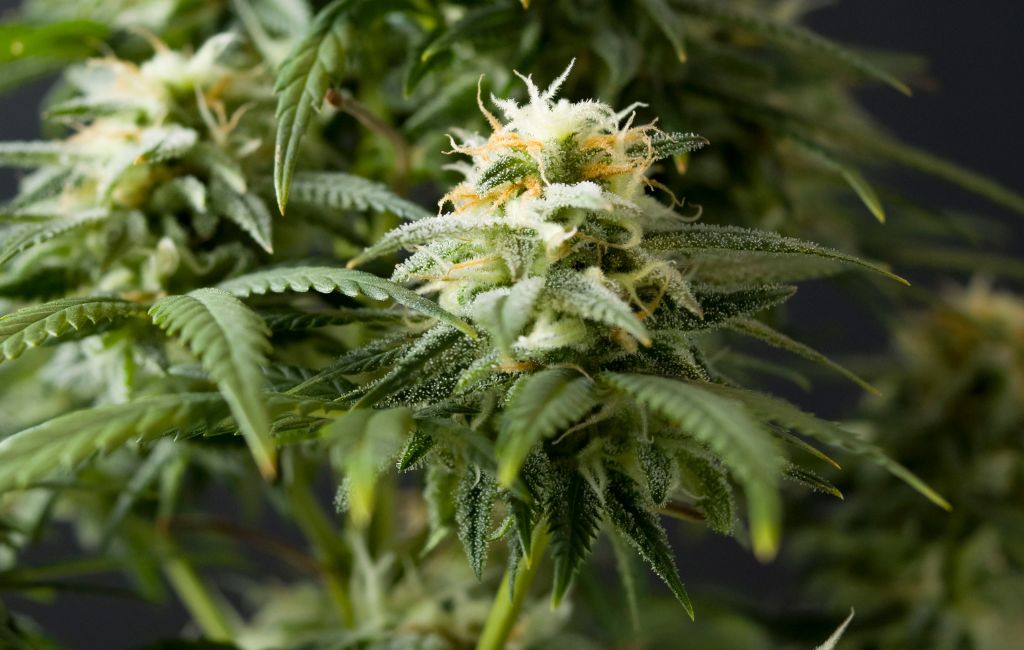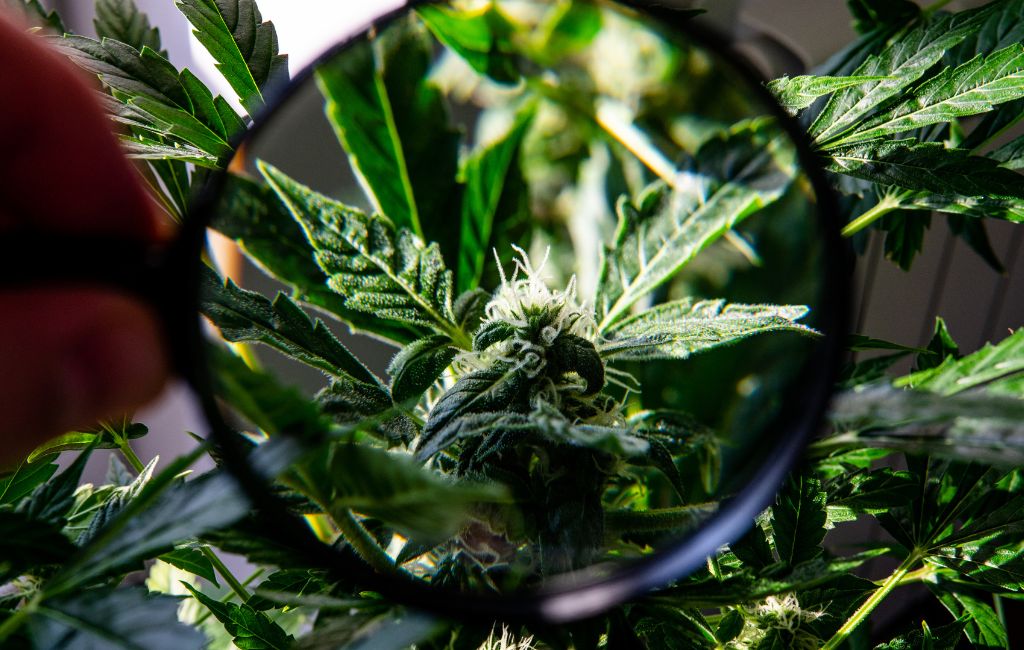The conversation around marijuana legalization has gained significant momentum over the past few decades. As more regions consider changing their stance on cannabis, the implications of such decisions are becoming increasingly apparent. This article explores the potential future of marijuana legalization, examining current trends, potential benefits, and challenges.
Current State of Marijuana Legalization
As of 2023, numerous countries and states have legalized marijuana for medical and recreational use. The United States, for instance, has seen a patchwork of legalization efforts, with over 20 states allowing recreational use. Canada fully legalized cannabis in 2018, setting a precedent for other nations. In Europe, countries like the Netherlands and Portugal have adopted more lenient policies, while others remain cautious.
Statistics and Trends
- In the U.S., the legal cannabis market was valued at approximately $13.6 billion in 2021 and is projected to reach $30 billion by 2025.
- Canada’s cannabis industry generated over $2.6 billion in sales in 2020.
- Public support for legalization in the U.S. has reached an all-time high, with over 68% of Americans in favor.
Potential Benefits of Legalization
Legalizing marijuana presents several potential advantages, ranging from economic growth to social justice improvements. These benefits are driving the push for broader acceptance and regulation.
Economic Growth
The cannabis industry has proven to be a significant economic driver. Legalization can lead to job creation, increased tax revenue, and the growth of ancillary businesses. States like Colorado and California have seen substantial economic benefits from their legal cannabis markets.
Social Justice
Legalization can address social justice issues by reducing incarceration rates for non-violent drug offenses. Expunging past convictions and providing opportunities for those affected by previous drug laws can help rectify historical injustices.
Public Health and Safety
Regulating marijuana can improve public health and safety by ensuring product quality and reducing the black market. Legal frameworks can also facilitate research into the medical benefits of cannabis, potentially leading to new treatments and therapies.
Challenges and Concerns
Despite the potential benefits, marijuana legalization faces several challenges. These issues must be addressed to ensure successful implementation and regulation.
Regulatory Hurdles
Creating a comprehensive regulatory framework is complex. Governments must balance public safety with industry growth, addressing issues such as advertising, product labeling, and age restrictions.
Public Health Concerns
Opponents of legalization often cite potential public health risks, including increased youth access and potential mental health impacts. Ongoing research and education are necessary to mitigate these concerns.
International Implications
As more countries consider legalization, international treaties and trade agreements may need to be reevaluated. The global cannabis market could face challenges related to cross-border trade and differing legal standards.
Case Studies: Lessons from Early Adopters
Examining the experiences of early adopters can provide valuable insights into the future of marijuana legalization. These case studies highlight both successes and areas for improvement.
Colorado, USA
Colorado was one of the first U.S. states to legalize recreational marijuana in 2012. The state has seen significant economic benefits, with over $1 billion in tax revenue generated since legalization. However, challenges such as regulatory compliance and public health concerns remain.
Canada
Canada’s nationwide legalization in 2018 offers a unique perspective on federal regulation. The country has faced challenges related to supply chain management and market saturation, but overall, the move has been seen as a success.
The Road Ahead
The future of marijuana legalization is likely to be shaped by ongoing research, evolving public opinion, and international developments. As more regions consider changing their cannabis policies, the lessons learned from early adopters will be invaluable.
Research and Innovation
Continued research into the medical and economic impacts of cannabis will play a crucial role in shaping future policies. Innovations in cultivation, product development, and distribution will also influence the industry’s trajectory.
Public Opinion and Advocacy
Public support for legalization continues to grow, driven by advocacy efforts and changing perceptions of cannabis. As more people become informed about the potential benefits and risks, the push for legalization is likely to gain momentum.
Global Perspectives
The international community’s approach to cannabis will impact the future of legalization. Countries that have already legalized marijuana may serve as models for others considering similar moves, while international cooperation will be necessary to address cross-border challenges.
Conclusion
The future of marijuana legalization holds significant promise, with potential benefits for economies, public health, and social justice. However, challenges remain, requiring careful consideration and collaboration among stakeholders. As more regions explore legalization, the experiences of early adopters will provide valuable guidance, shaping a future where cannabis is regulated effectively and responsibly.



